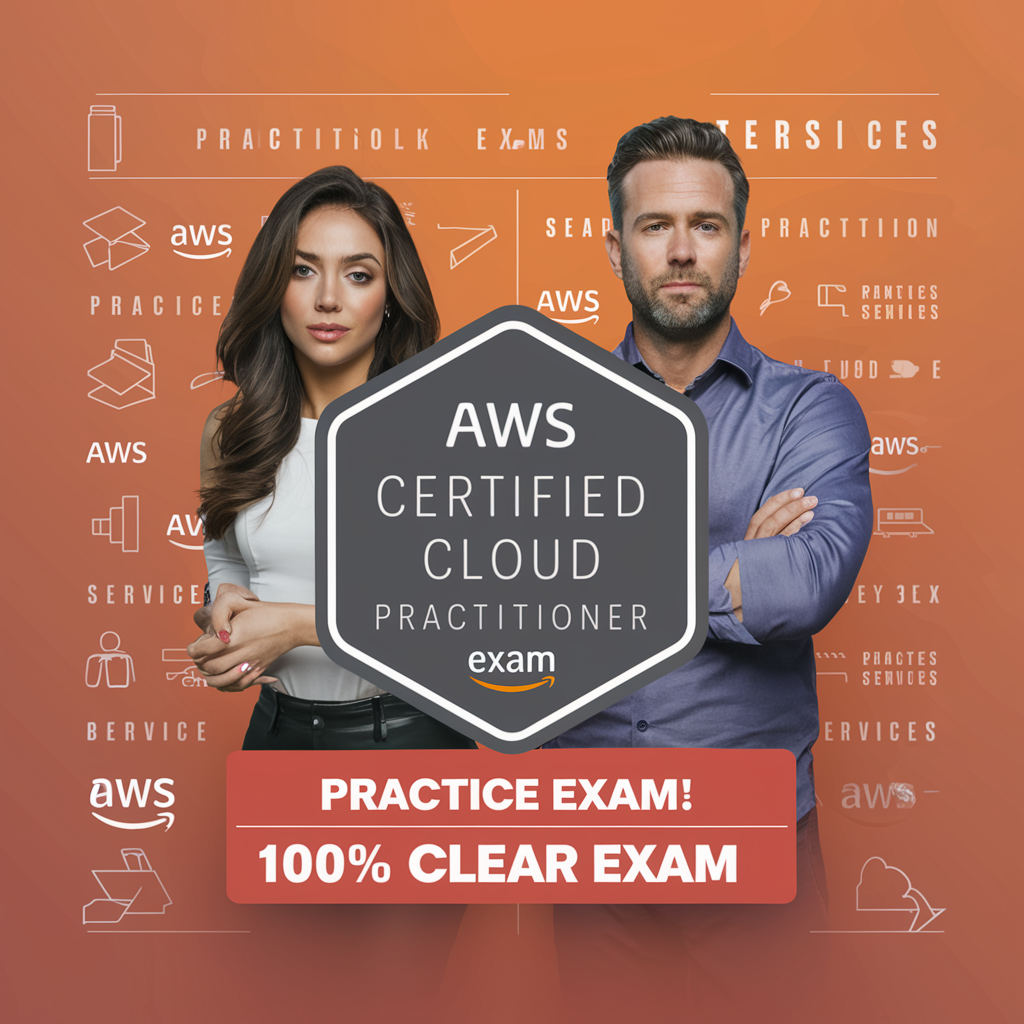Preparation for AWS Certified Cloud Practitioner Exam
 gaurav singh
gaurav singh
https://www.udemy.com/course/aws-certified-cloud-practitioner-practice-exams-clf-c02-2024/
Cloud Concepts: 2# Build Up
The AWS Cloud Practitioner certification is a crucial step in mastering cloud computing fundamentals. One key focus area is understanding the components that make up a server. This blog post breaks down these essential elements, equipping you with the knowledge needed to ace your exam and excel in the AWS ecosystem.
The Brains of the Operation: CPU
Think of a server as a digital workhorse. At its core lies the Central Processing Unit (CPU), often referred to as the brain. The CPU executes instructions, processes data, and runs applications. Just as a powerful processor in your laptop ensures smooth operation of demanding software, servers with robust CPUs handle complex workloads efficiently.
Memory Matters: RAM
While the CPU performs calculations, it relies on another crucial component — Random Access Memory (RAM). RAM is akin to your computer’s short-term memory, storing data and instructions currently in use for quick access by the CPU. The more RAM a server has, the faster it can retrieve information and execute tasks.
Storage: The Vault for Your Data
Servers would be incomplete without storage. Unlike the temporary storage provided by RAM, permanent storage holds data long-term. AWS offers various storage solutions, each tailored to different needs. Amazon Simple Storage Service (S3) provides scalable object storage for large datasets, while Amazon Elastic Block Store (EBS) offers persistent block storage for applications requiring frequent access.
Databases: Keeping It Structured
A specialized subset of storage is databases, designed for structured data organization. Databases store information systematically, enabling efficient retrieval and manipulation. AWS provides diverse database services, such as Amazon Relational Database Service (RDS) for relational databases and Amazon DynamoDB for NoSQL databases, catering to varied data management needs.
The Networking Crew: Routers, Switches, and DNS
Similar to how roads connect cities, networks enable servers to communicate with each other and the outside world. This network relies on components like routers, switches, and Domain Name Servers (DNS). Routers direct data packets to their destinations, switches connect devices within a network for smooth communication, and DNS servers translate human-readable domain names into machine-readable IP addresses.
Understanding these fundamental server components is crucial for mastering AWS services. Familiarize yourself with CPUs, RAM, storage, databases, and networking concepts to confidently navigate the AWS Cloud Practitioner exam and advance in your cloud computing journey.
Bonus Tip for Your Exam
Remember, AWS offers a range of pre-configured server options called Amazon Elastic Compute Cloud (EC2) instances. These instances come with various CPU, RAM, storage, and networking configurations, allowing you to choose the perfect fit for your specific needs.
Enroll in Our AWS Cloud Practitioner Practice Test Course
To further enhance your preparation, enroll in our AWS Cloud Practitioner Practice Test Course on Udemy. Our course is designed to provide comprehensive practice tests, real-world scenarios, and detailed explanations to help you master the exam content and achieve certification success. Start your cloud computing journey with confidence and join our community of successful AWS Cloud Practitioners today!
Subscribe to my newsletter
Read articles from gaurav singh directly inside your inbox. Subscribe to the newsletter, and don't miss out.
Written by
